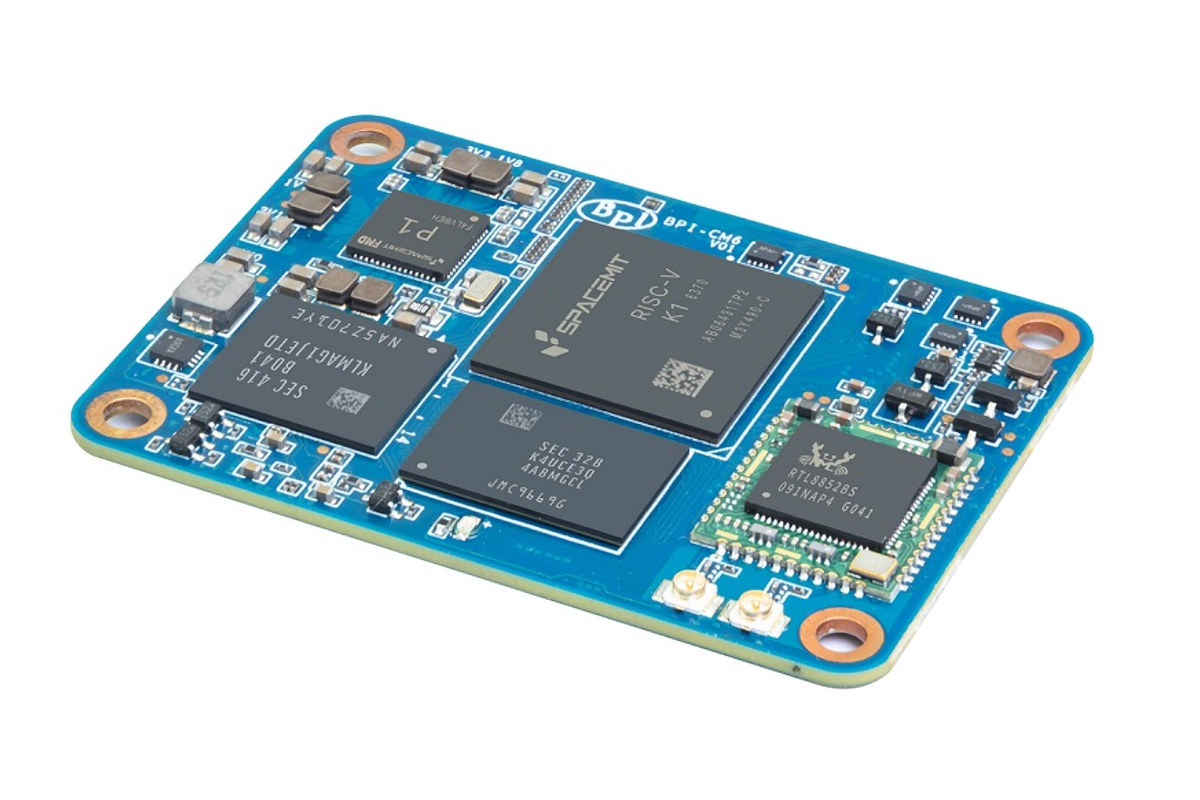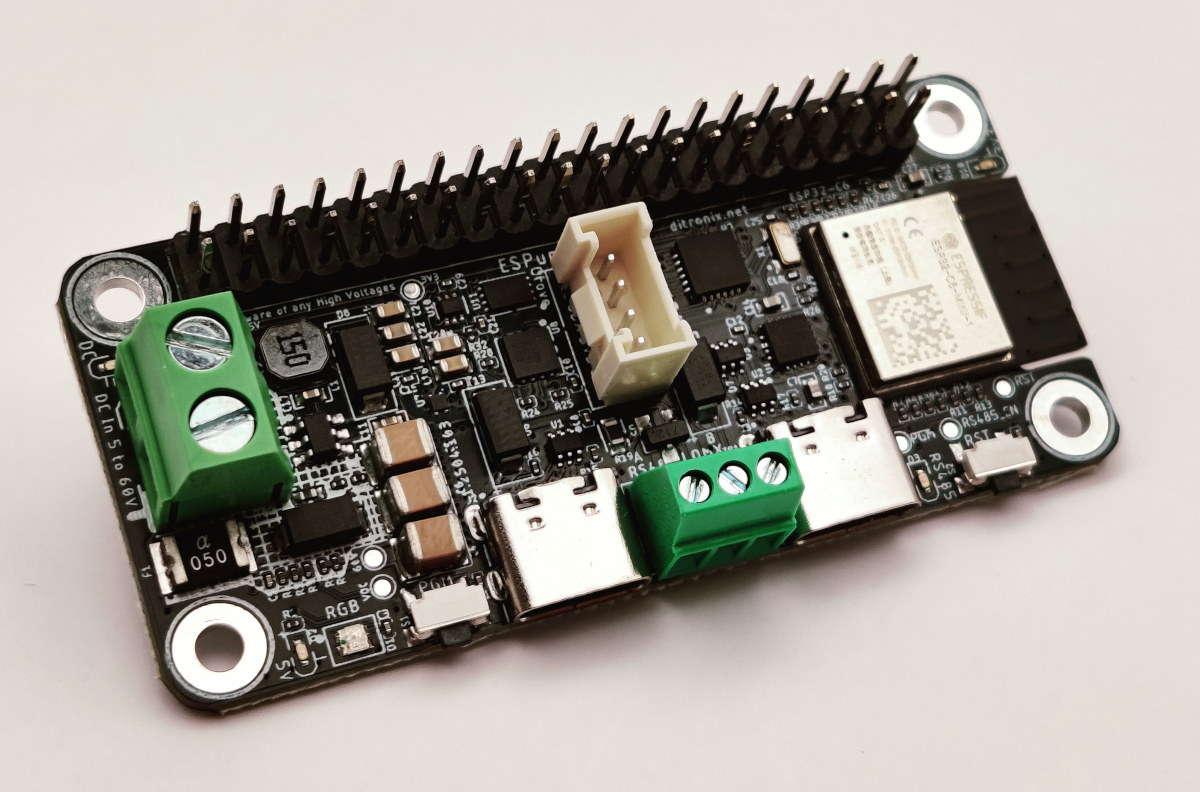VoltaStream ZERO NXP i.MX6ULL Linux Audio Board Follows Raspberry Pi Zero Form Factor
Back in 2013. Philip came with the idea of designing a development board for audio application, and after various experiments with off-the shelf Raspberry Pi boards and audio DACs, he founded PolyVection company, and started designing the board. Forwarding to today, he has completed his work and introduced VoltaStream ZERO to the world, a board based on NXP i.MX6ULL processor with 512MB or 1GB RAM, and a choice of Texas Instruments DAC. It also follows Raspberry Pi Zero form factor, like the upcoming Banana Pi BPI-M2 Zero board. VoltaStream ZERO specifications: SoC – NXP i.MX6ULL ARM Cortex-A7 processor @ 996 MHz System Memory – 512 MB or 1 GB DDR3 Storage – micro SD card slot Audio 1x I2S for integrated DAC, 1x I2S for GPIO access, 1x S/PDIF header / TOSLINK jack Analog DAC – Texas Instruments PCM5121 (106 dB) or PCM5142 (112 dB) USB – 1x micro USB […]









